7,000-Year-Old Ibex Remains Found Under The Ice In Italy Are 1,700 Years Older Than Ötzi!
This summer, a group of climbers made an interesting discovery, but only now have experts confirmed their incredible findings.
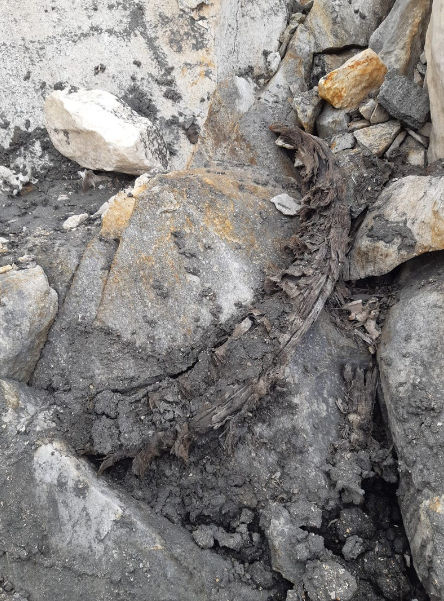
In July, four mountaineers, Stefan Pirpamer, Tobias Brunner, Arno Ebnicher, and Luca Mercuri , last July found the remains of at least 15 ibexes on the summit plateau of Cima Fiammante at 3,228 meters above sea level in the Tessa Group, Italy.
They reported the find to the forestry station of San Leonardo in Passiria, and the foresters inspected and recovered the remains. Bone parts, skulls, and fur remains were handed over to the St. Michael’s Edmund Mach Foundation.
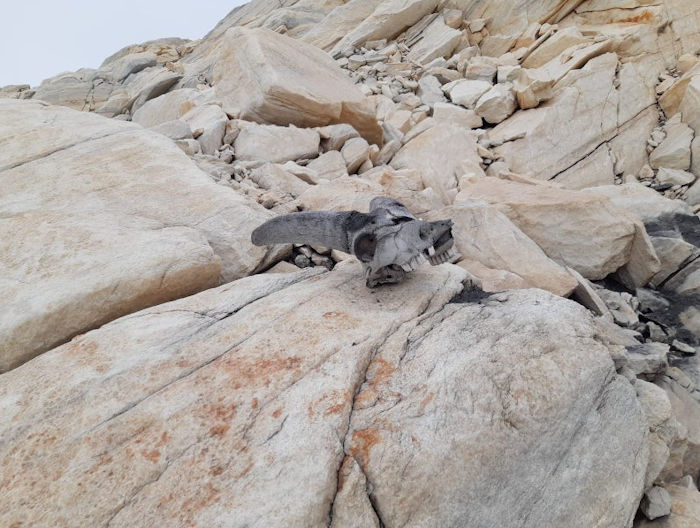
Since paleontological finds have already been made in neighboring areas, it has been hypothesized that this find could also be of archaeological interest. Under the direction of Heidi Christine Hauffeand Matteo Girardi, the investigations were conducted in the special genetic laboratory of San Michele all’Adige.
Finally, the documentation was delivered to the special laboratory for radiocarbon dating at Queens University in Belfast (Ireland).
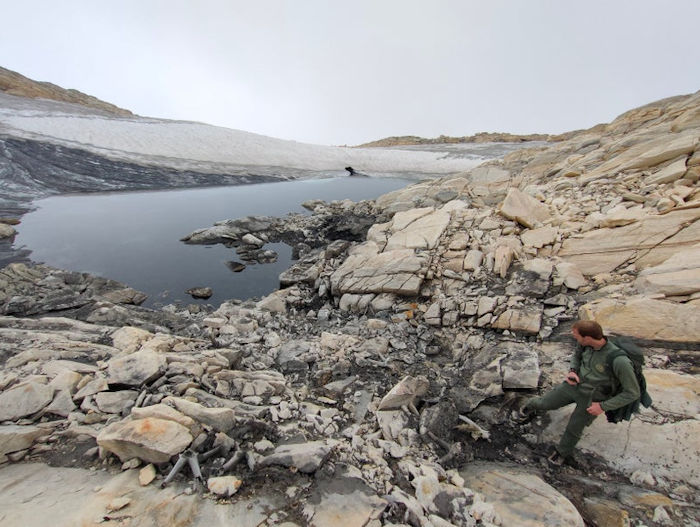
Based on the results that emerged from the investigations, the remains of the ibexes should be around 7,018 years old with a margin of more or less of around 37 years.
In essence, the ibexes date back to the Neolithic period and are about 1,700 years older than Ötzi, who was found in 1991 on the Hauslabjoch on the border between Val Senales and Val Venosta.
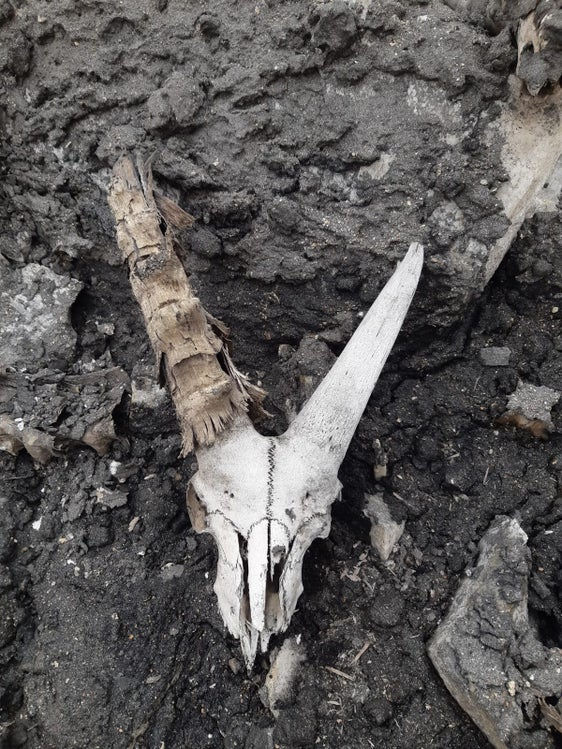
“These finds are good news. Now we will let science do its job, and then we will give the finds the place they deserve,” says the president of the Province, Arno Kompatscher.
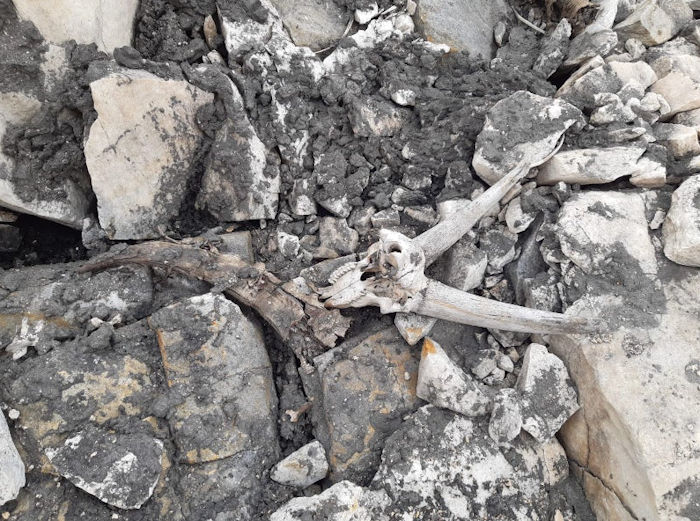
The remains of the ibexes are currently safely stored in the forest station of San Leonardo in Passiria and will soon be delivered to the Archaeological Heritage Office.
A working group led by the Museum of Natural Sciences has already been set up and will decide on the next steps to be taken, for example, what further investigations should be conducted, who should carry them out, and where and how the remains should be stored.
Only later will it be decided whether and where to exhibit the remains dating back to the Neolithic times.